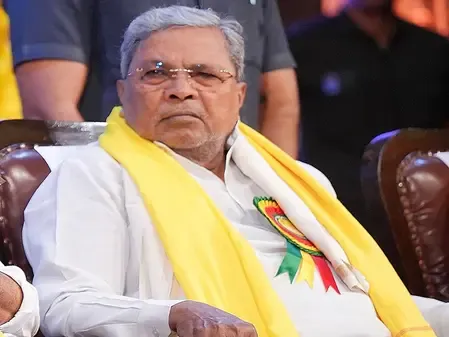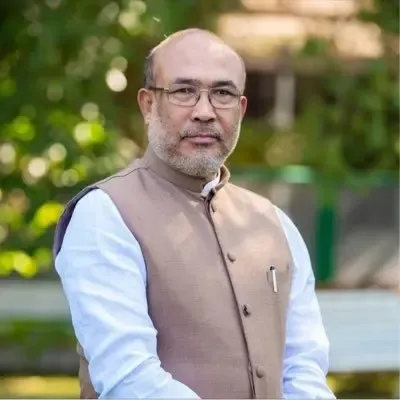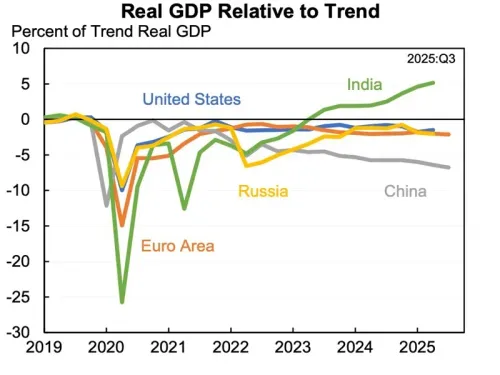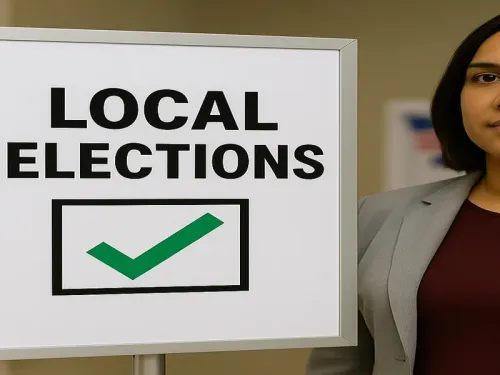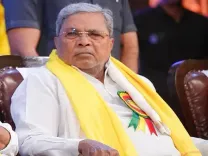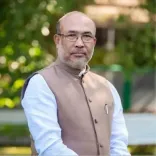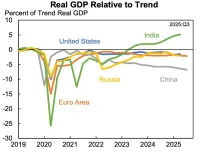Is PM Modi Truly Protecting Every Citizen?
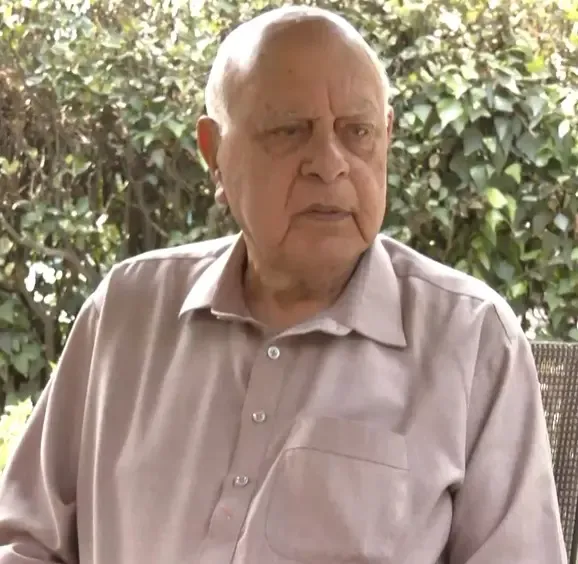
Synopsis
Key Takeaways
- Farooq Abdullah believes in PM Modi's commitment to justice for terror attack victims.
- He criticizes the ongoing blame-game and calls for unity.
- Abdullah urges for diplomatic discussions between India and Pakistan.
- Decisions on reclaiming Pakistan-occupied Kashmir should rest with the Prime Minister.
- He distinguishes between the Pahalgam attack and the Waqf Act.
New Delhi, May 2 (NationPress) The chief of the Jammu and Kashmir National Conference, Farooq Abdullah, on Friday voiced his unwavering belief in Prime Minister Narendra Modi's commitment to ensuring justice for the victims of the Pahalgam terror attack. He criticized the ongoing blame-game surrounding an alleged intelligence oversight that may have contributed to the tragedy.
In an interview with IANS, Abdullah reaffirmed that the nation is secure under PM Modi's leadership.
The seasoned Kashmiri politician stated there is no doubt about the country's safety under PM Modi. He remarked, "If the country wasn't safe in the hands of the PM, he wouldn't hold the position."
With rising concerns over a possible escalation between India and Pakistan, he emphasized that the decision regarding readiness for war rests with PM Modi. "This will be the Prime Minister's ultimate command. He has granted full authority to the three military chiefs—Army, Navy, and Air Force—but the final decision lies with him," he added.
The former Chief Minister of J&K advocated for the opening of diplomatic channels to ease tensions. "Both sides must consider who bears the consequences. There should be efforts to initiate diplomatic discussions," he asserted.
Regarding calls for India to reclaim Pakistan-occupied Kashmir, Abdullah stated, "This is a decision for the Prime Minister. I cannot advise him; it must be his call." Amidst the war rhetoric and hateful speeches proliferating on social media, Abdullah refrained from engaging in discussions about accountability for the Pahalgam terror attack.
"We are at a pivotal moment, and pointing fingers won't strengthen India. Now is not the time for blame; it's time for action," he said, suggesting that the issue of accountability for the April 22 attack can be addressed later.
He also rejected attempts to associate the Pahalgam incident with the implementation of the Waqf Act by the Modi administration. "The Waqf Act is a separate matter; the Pahalgam incident stands alone. We cannot connect the two. The Waqf issue is currently with the Supreme Court, and we trust it will be handled appropriately," he concluded.

